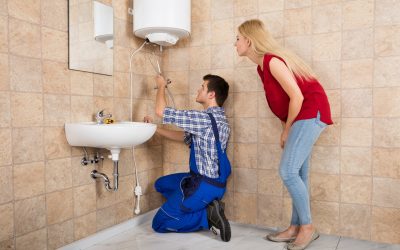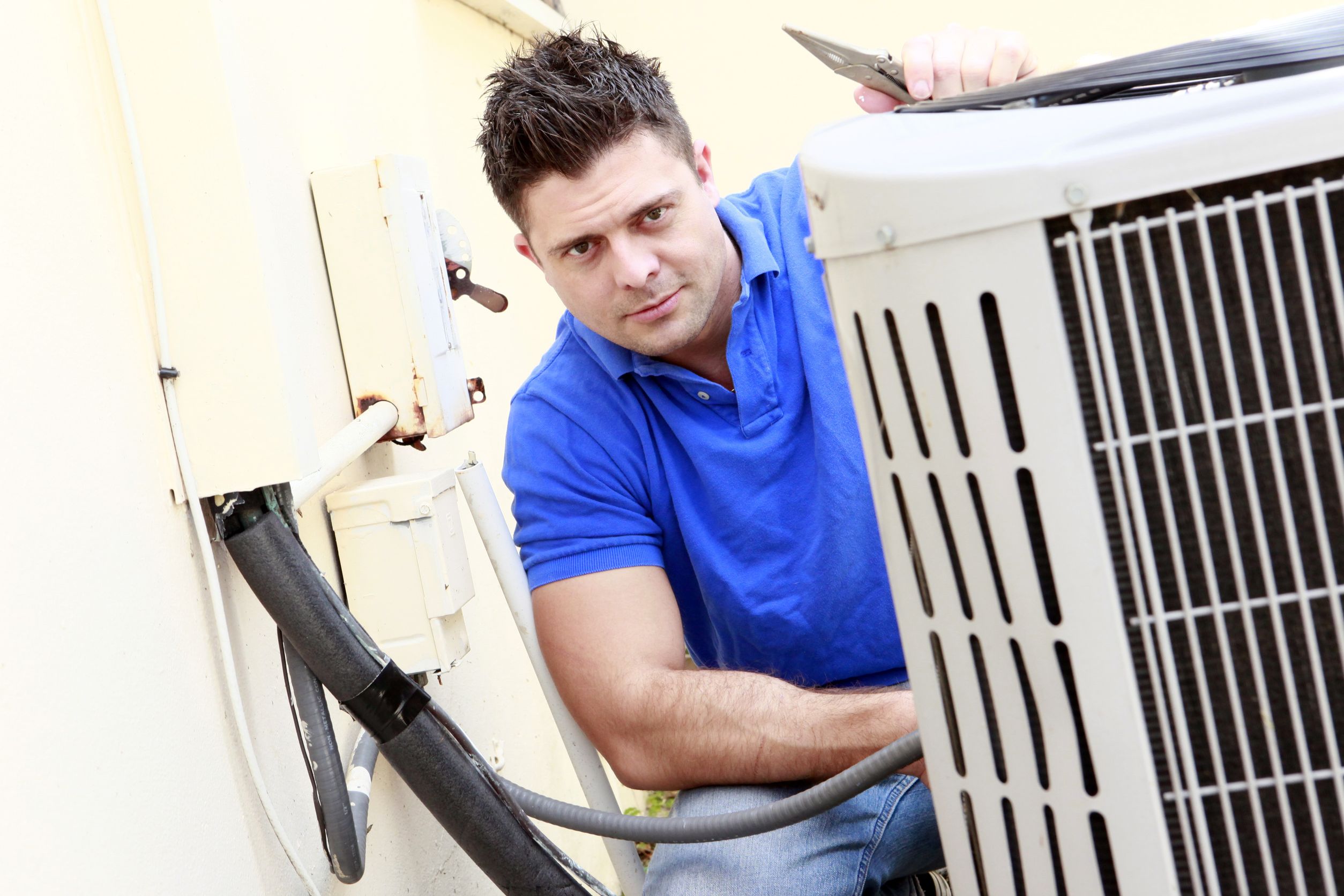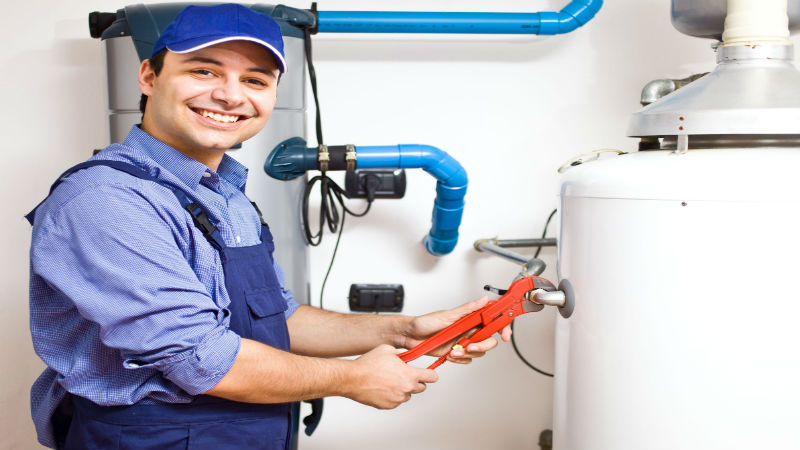Not all water softeners are created equal. Some water softeners are more efficient in ridding your home of excessively hard water than others. That’s why knowing what to look for can help you save a lot of time and money.
How a Water Softener Works
As per Popular Mechanics, water softeners eliminate the hardness in water by tackling calcium and magnesium with ionic physics. Calcium and magnesium ions carry a positive charge in water. Positive ions are madly attracted to negative ions, in an attempt to even out their electrons. Thus, water softeners work on the basis of filtering out the positive mineral ions with negatively charged beads.
A water softener then removes the excess calcium and magnesium from its beads by introducing sodium ions into the brine tank, which drive the calcium and magnesium away with a stronger positive charge, flushing them down the drain.
Finding the Best Water Softener
Water softeners can be rated and categorized based on a number of important performance factors that you need to watch out for.
- Softening Capacity
Your softening capacity is the capacity with which the softener takes care of hard water. This typically depends on the number of beads in the system, and the hardness of your water.
- Flow Rate
Flow rate depends on the speed at which water passes through the system and gets softened, and it’s important to measure whether or not a system can produce enough conditioned water for your RV.
- Maintenance
Whether it’s adding new salt to the mix, or getting the system cleaned up and replaced, all softeners require a little maintenance.
In the end, other customers know best. Reputable sellers like Schaefers Soft Water provide reviews and testimonials. These are the best indicator of the quality of a water softener. Depending on what verified customers say, you can avert a lot of problems that you might’ve had if you had bought the wrong product.
For more updates, follow us on Facebook.


